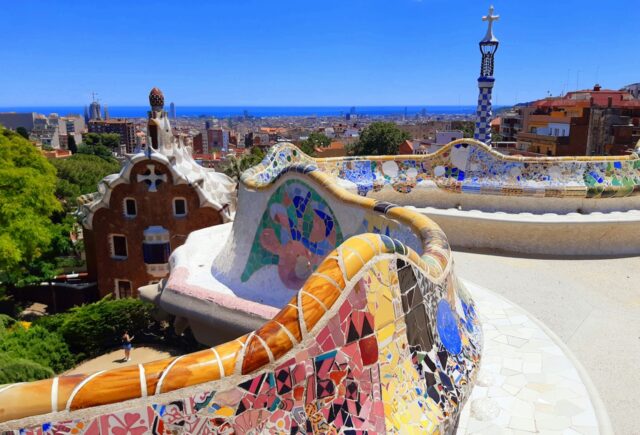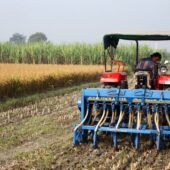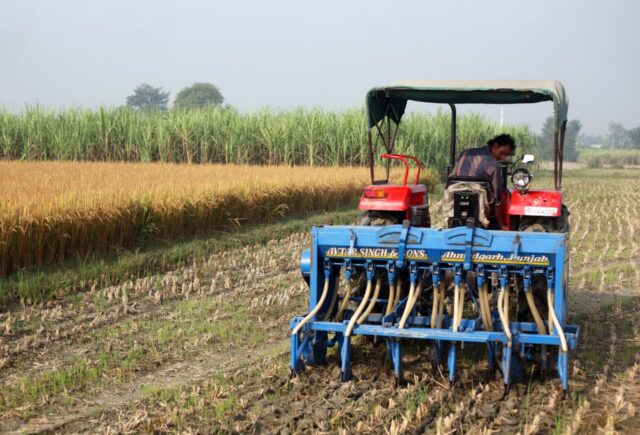Funding from Lagata and other European-based investors will allow Miro to expand output of plywood for export from its operations in Sierra Leone and Ghana.

Miro Forestry & Timber Products, a West Africa-focused sustainable forestry and plywood manufacturing firm, has completed an investment round led by impact investor Lagata with further support from a group that includes three development finance institutions (DFIs).
The investment will enable Miro to scale up plywood production in Sierra Leone and Ghana, where it employs over 4,000 people in plantations and associated factories to produce hardwood products from eucalyptus, acacia and gmelina timbers. These products, which include plywood, poles and sawn timber, are exported to Europe, the Middle-East and elsewhere. These are all Forestry Stewardship Council-certified.
As a result of the investment round, UK-based Lagata, which has a focus on sustainable forestry and sub-Saharan Africa, has become Miro’s largest shareholder. The investor group also includes DFIs British International Investment, FMO and Finnfund, as well as investment firms Mirova, and Aqua Ventures. All were existing shareholders in the company. Miro described the investment as “significant” but did not disclose the size of investor contributions in the current round.
The first DFI investments in Miro were made a decade ago. Finnfund provided $6m (€5.1m) mezzanine debt commitment in 2014, followed by BII (then known as CDC Group), which contributed $10.5m in equity and a $4.5m mezzanine debt commitment in 2015, with Finnfund increasing its contribution to match. According to Miro’s latest available annual report, funding raised by the firm had reached a cumulative $165m by end-2023.
Miro said the fresh investment demonstrated continued confidence in its strategy, impact and commercial potential at a challenging time for the wider timber industry, given macroeconomic pressures and a prolonged downturn in plywood prices.
Ethically-sourced supply
However, the company said demand continued to grow for resilient, responsibly sourced materials and that its vertically integrated model, combining certified sustainable forestry, local job creation, and advanced plywood manufacturing provided an attractive solution to global buyers looking to secure long-term, ethically-sourced supply.
Berend Jan Kingma, Miro’s CEO, said Lagata was a “natural partner for the next phase of Miro’s growth”, given its experience in forestry and African markets.
“We are equally grateful for the continued support of our existing shareholders, who share our belief in the power of sustainable forestry to deliver both commercial and social value. With this investment, we’re well positioned to strengthen our global reach and deepen our impact across the region,” he said.
Miro estimates that, over recent years, it has established more new forest area on previously degraded land in Africa than any other company, planting over 20 million trees, while enriching and protecting over 10,000 hectares of conservation land. Some 200,000 tonnes worth of carbon credits a year are available from Miro’s existing plantations, according to the firm.
The developing world’s forestry sector has remained an important focus for impact investors over recent months. Earlier this year, Mirova said its second sustainable land fund – which invests in Africa, Latin America and Asia – was on track to reach its target size of €350m by the end of 2025.
Meanwhile, Sydney-based New Forests, has expanded from its early Asia-Pacific focus into Africa, noting the long-term potential for increased demand for timber products there as the continent’s population becomes more urban.





